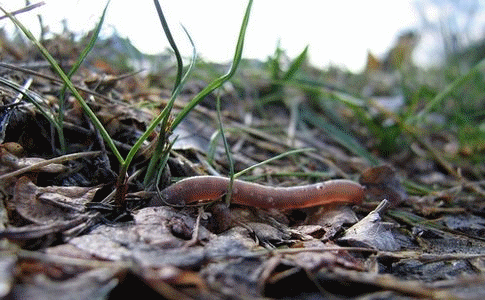 Earthworms play a significant role in enhancing soil fertility. Earthworm helps in decomposition of agricultural, animal wastes and converts into vermicompost (Vermicomposting is the process of using worms and micro–organisms to turn kitchen waste into a black, earthy–smelling, nutrient–rich humus.) for use on crops.
Earthworms play a significant role in enhancing soil fertility. Earthworm helps in decomposition of agricultural, animal wastes and converts into vermicompost (Vermicomposting is the process of using worms and micro–organisms to turn kitchen waste into a black, earthy–smelling, nutrient–rich humus.) for use on crops. The annelids (also called "ringed worms"), formally called Annelida , are a large phylum of segmented worms, with over 17,000 modern species including ragworms, earthworms and leeches.
Annelida belongs to Phylum : Annelida, Kingdom : Animalia , Phylum : Annelida, Class : Oligochaeta, Order : Opisthopora, Genus : Pheretima, Species : posthuma. Segmented worms have bilateral symmetry ((capable of division into symmetrical halves by only one longitudinal plane passing through the axis) and have a coelom, which is a fluid–filled body cavity surrounded by mesoderm. Earthworms have two body openings, a mouth and a anus. The basic body plan of segmented worms consists of a digestive tract within a tube. Earthworms are hermaphrodites, which means that an individual animal produces both sperm and eggs. During mating , two earthworms exchange sperms. Each earthworm forms a capsule for the eggs and sperms in which the eggs are fertilized. The capsule is left behind the soil where the young earthworms emerge from the eggs in two to three weeks.